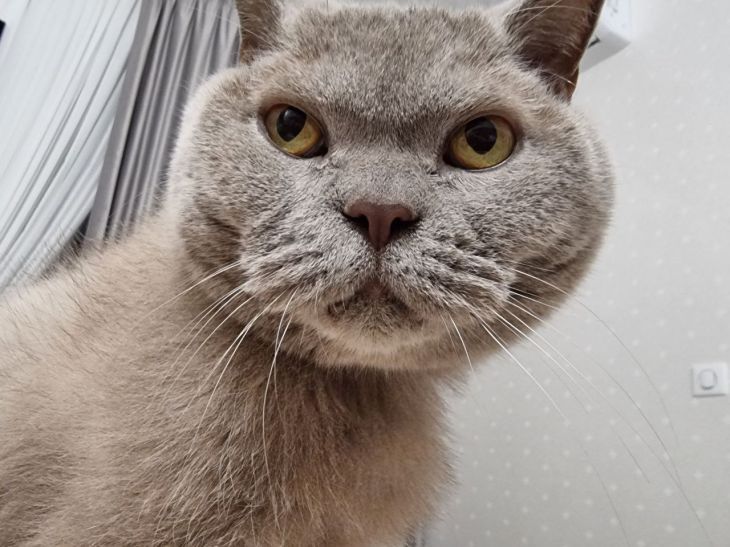Cats and closed doors represent an eternal confrontation familiar to every owner of these mysterious creatures.
Meowing, scratching and persistent attempts to penetrate the forbidden zone are the constant companions of a closed door in a house where a cat lives. What drives these furry detectives?
Natural hunter instincts
Cat curiosity is not just a character trait, but an important element of survival.

In the wild, cats are territorial predators that need to control their territory.
A closed door in the house is perceived by the cat as an obstacle that prevents it from exploring and protecting its territory.
Instinct drives him to check what is behind the barrier, to see if there is any potential prey or threat there.
Social behavior and hierarchy
Domestic cats, despite domestication, have retained many of the traits of their wild ancestors.
There is a strict hierarchy in cat society, and the right to move freely is one of the signs of high status.
A closed door can be perceived by a cat as an infringement of its rights and position in the domestic "pack". Persistent attempts to open the door are a way to assert its authority and show who is the boss here.
Fear of isolation
Cats are social animals, although to a lesser extent than dogs. A closed door can cause them anxiety and fear of isolation.
This is especially acute if the owner or other family members are behind the door.
The cat may feel uncomfortable being in a separate room and seek to reunite with its "family".
Curiosity and thirst for new experiences
The cat's brain is designed to constantly require new information and stimulation. A closed door is a riddle the cat is trying to solve. What's behind that barrier?
Maybe a new toy, tasty food or a cozy place to sleep? Curiosity and a thirst for exploration make the cat try to get into a closed room again and again.
Territorial behavior
It is extremely important for cats to control their territory. A closed door violates the integrity of their possessions, creating an inaccessible zone.
This can make the cat anxious and want to regain control over the entire space of the house. Scratching the door and trying to open it is a way to mark the territory and claim its rights to it.
Routine and habits
Cats are big fans of routine and established habits. If a door that is usually open suddenly turns out to be closed, this disrupts the usual order of things.
The cat may persistently try to return the situation to normal by trying to open the door.
This behavior is especially noticeable if the cat's favorite place or an important resource, such as a litter box or food bowl, is located behind a closed door.
Acoustic features
Interestingly, cats may show increased interest in closed doors due to the acoustic properties of the premises.
Sounds coming from behind the door may seem especially attractive or mysterious to the cat.
Rustles, voices or other sounds distorted by the barrier can awaken hunting instincts or simply curiosity.
